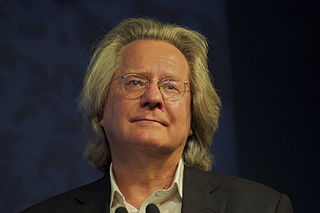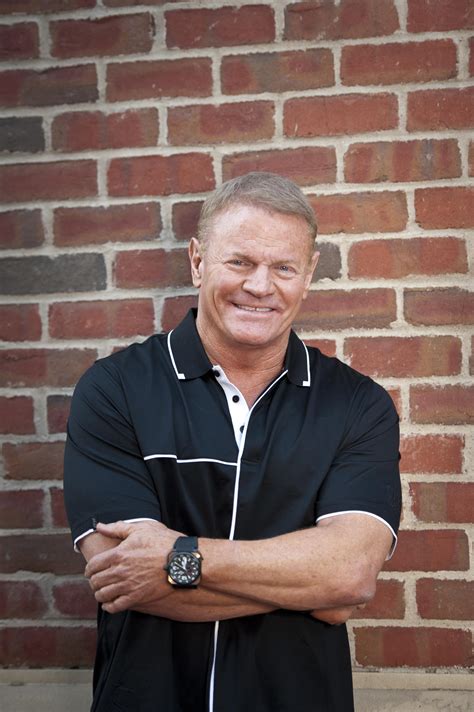A Quote by A.C. Grayling
The wise say that our failure is to form habits: for habit is the mark of a stereotyped world.
Related Quotes
In truth, the only difference between those who have failed and those who have succeeded lies in the difference of their habits. Good habits are the key to all success. Bad habits are the unlocked door to failure. Thus, the first law I will obey, which precedeth all others is - I will form good habits and become their slave.
Habit is habit and not to be flung out of the window by any man, but coaxed downstairs a step at a time. You cannot eliminate habits that no longer serve you. You can only replace them with new habits that support your goals. Moment by moment, you need to live with awareness and structure the habits that you include or exclude in your days.
Habit allows us to go from 'before' to 'after,' to make life easier and better. Habit is notorious - and rightly so - for its ability to direct our actions, even against our will; but by mindfully shaping our habits, we can harness the power of mindlessness as a sweeping force for serenity, energy, and growth.






































